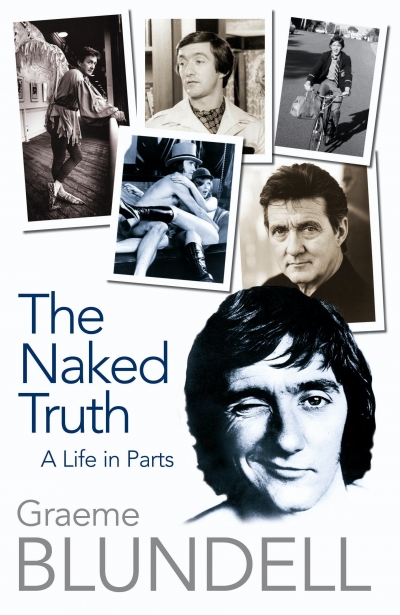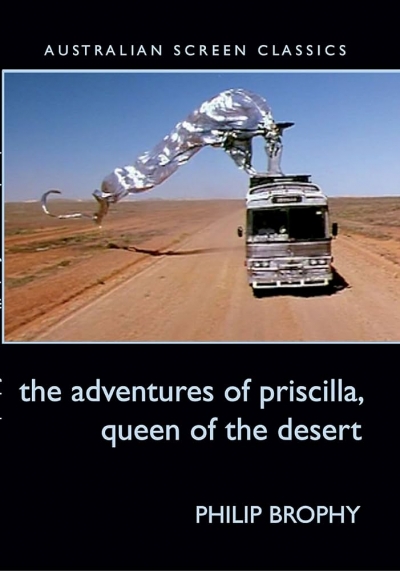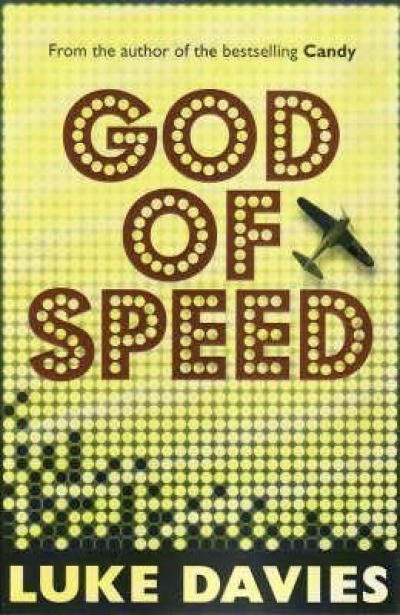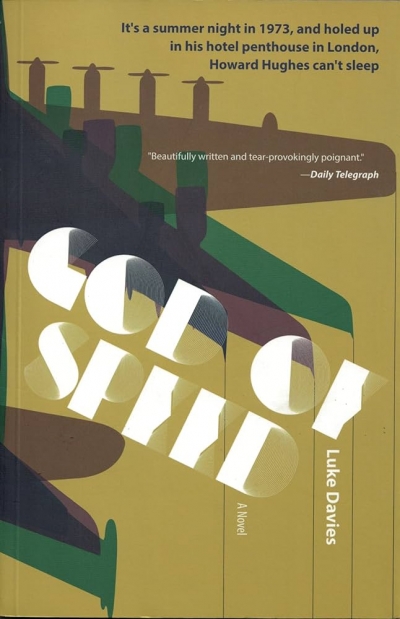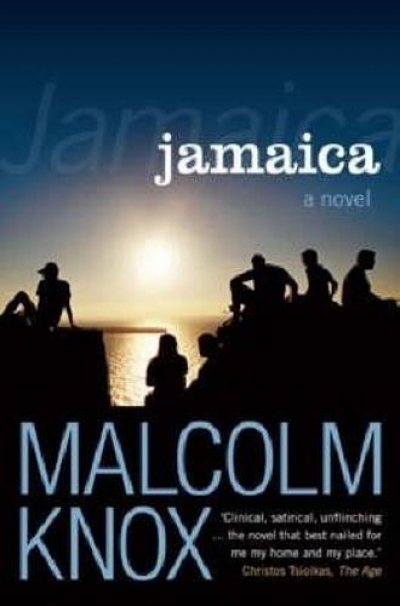Brian McFarlane
The Adventures of Priscilla, Queen of the Desert by Philip Brophy & The Chant of Jimmie Blacksmith by Henry Reynolds
by Brian McFarlane •
I Peed on Fellini:: Recollections of a life in film by David Stratton
by Brian McFarlane •
The Cinema of Australia and New Zealand edited by Geoff Mayer and Keith Beattie
by Brian McFarlane •


